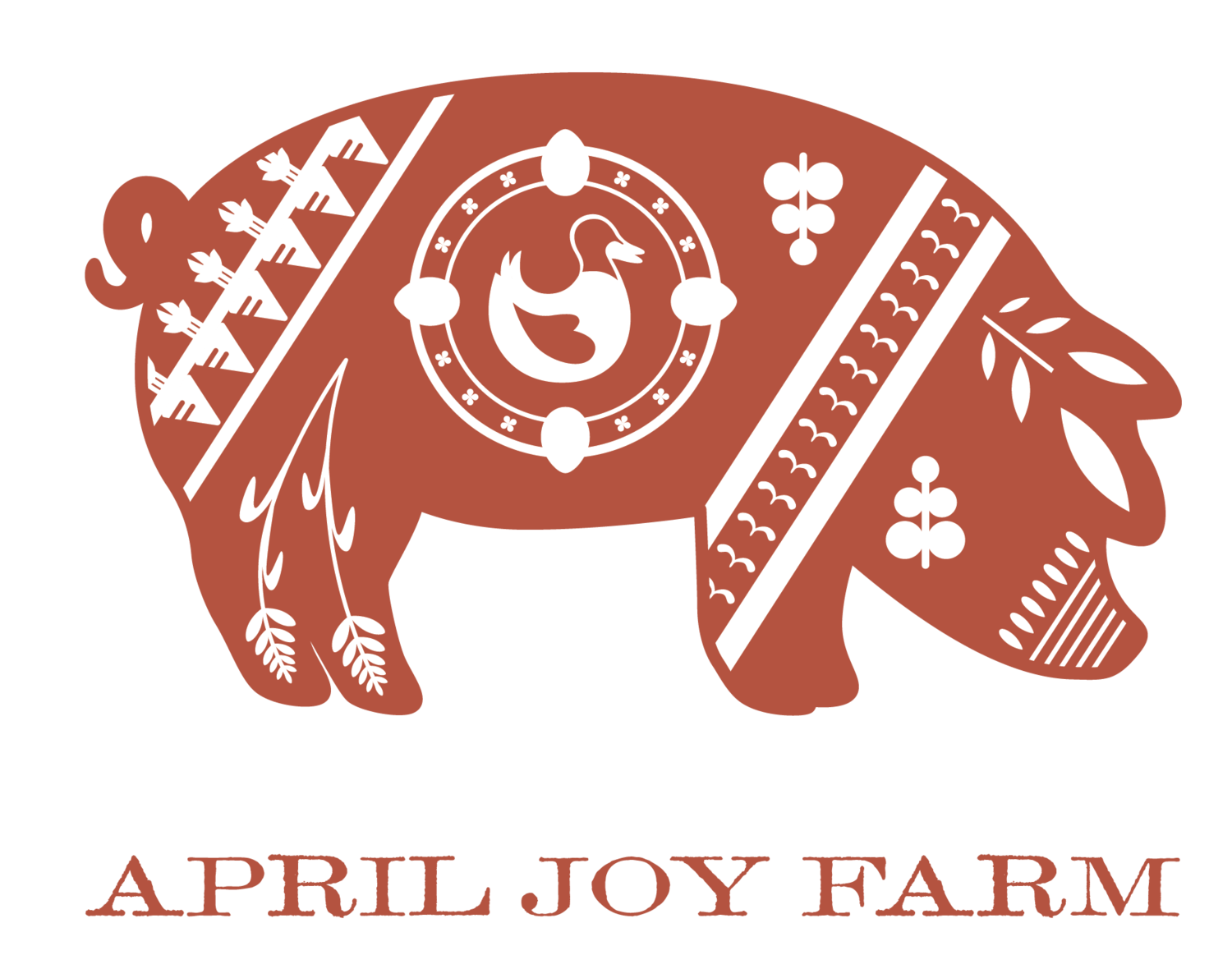Nourishing Bites | Farm Grade Part 2
Part 2 (Read Part 1)
Have you had the good fortune of eating a meal that really resonated - that tasted deeply satisfying and made you feel so good you lived blissfully in the afterglow of the experience - completely satiated and humming with happiness?
The real life stories of our food have an immense power to fill us up or leave us hollow.
Eating is a chance for alignment of your values, your desires, and your physical needs. It can also be an opportunity to show gratitude, appreciation, and awe for the gifts of an integrated, connected community.
When I travel, I always pack food from home. When visitors leave, we always try to send food from the farm for them to carry out into the world. I think of the food we grow as deep food. Deep in the sense that is rooted to place, to purpose, to our community. Deep in the sense that we have done our best to make sure it is enriched with love and care and kindness.
The food we grow is the closest thing to a peace offering we can give this world.
**
Grocery store produce has erroneously preconditioned generations of Americans that uniformly sized, perfectly colored, wax coated, shiny produce equates to highly valuable, nutritionally good food “worthy” of money. I call this shallow food, and it’s an utter tragedy.
Farms are not manufacturing facilities. By design, nature does not produce uniformly sized widgets 100% of the time.
And I don’t know about you, but isn’t it nice to have a tiny onion now and again just the perfect size for dicing into salad or sauteing with eggs?
In my kitchen, diversity is the secret ingredient. We honor and celebrate nature by using what she generously provides.
Now, this does not mean I condone poor quality. Brad and I take great pride in our produce. Anyone who has spent time in our packing shed can attest that my standards are sometimes painfully exacting.
It bothers me when unprofessional growers carelessly pawn off compost worthy produce to unknowing customers and justify it by equating bug ridden, overripe or poor quality food with growing “organically.” By contrast, we work very hard to dispel the false notion that one has to accept mediocrity to eat in alignment with their values.
Now, on the other end of the spectrum, how many times has any one of us picked up a peach or apple or pear or banana at the grocery store, seen it had a minor bruise and immediately set it back down because that small injury or blemish caused one to devalue that food 100%.
That’s a shame - and it is the root cause of so much food waste I can’t bear to think about it.
Rather, wouldn’t it be good to consider what you’re planning to do with that apple or pear? If you’re going to eat it that very day, does it matter? If you’re going to make an apple pie or a banana smoothie or dried pears, does it matter?
When we reject anything less than unrealistically high standards of “perfect” in our food system, we further a deep seated fallacy that equates uniformity and flawlessness with merit.
Food, no matter the ding or cut or bruise or blemish, intrinsically has worth.
It took growing my own food for several years to break myself of this habit. Now when I pick up something not grown or raised at my farm, I am filled with a sense of compassion and concern for the humans and the soil and the plants and the animals that surely weathered more than I can ever know to make what I am holding possible.
That’s not always an easy thing to hold close, but being thoughtful rarely is.
**
We worked so hard to seed, weed, water, and harvest this year’s potato crop. We spent long, hot hours hand weeding, hilling, tending, and harvesting.
And we’ll spend hours more sorting and washing and grading and weighing and bagging shares. Because the reality is, as much as I do not like sending farm grade produce off the farm, as much as I wish it were otherwise, this is all we have. So I’ll swallow my pride and share the harvest.
We’re disappointed, but we trust that the people who eat our produce find goodness and nourishment nonetheless. We can only hope that every time they’re at the sink scrubbing blemished skins and trimming out spots, they’ll be able to find a sense of gratitude for plants that overcame tough growing conditions and farmers who didn’t give up.
I certainly know first hand that even a simple supper of utility grade potatoes can provide contentment, a sense of purpose, and deep, deep joy for the everyday miracles of life. Regardless of looks, that’s a lesson grown into the heart of every crop. ~AJ
Garlic harvest.
“Nature is not more complicated than you think, it is more complicated than you can think.”


